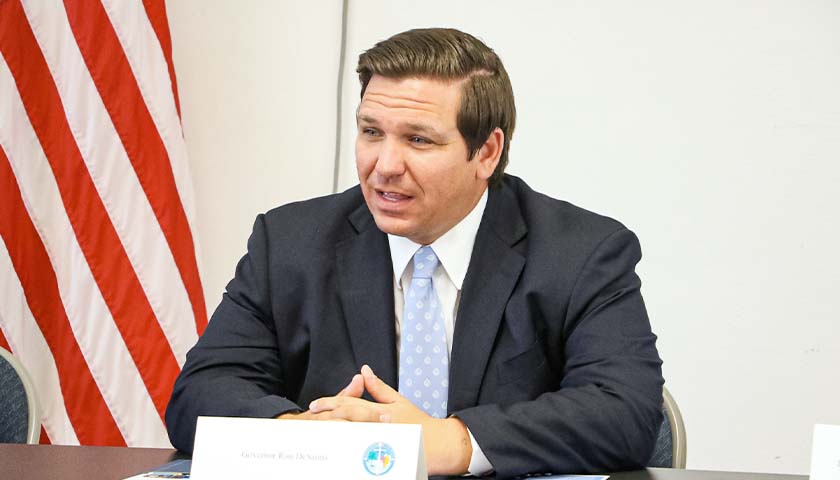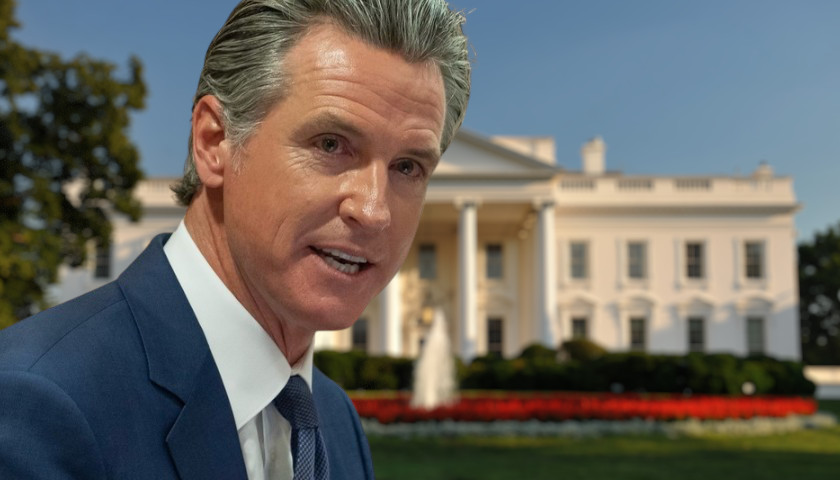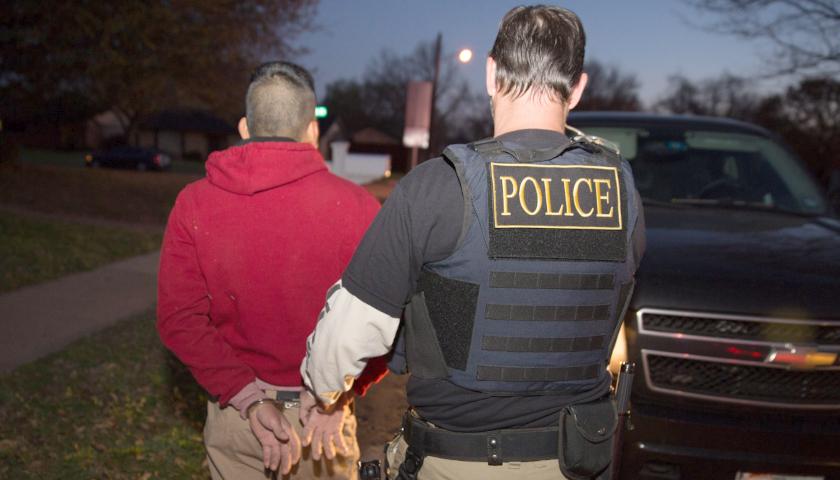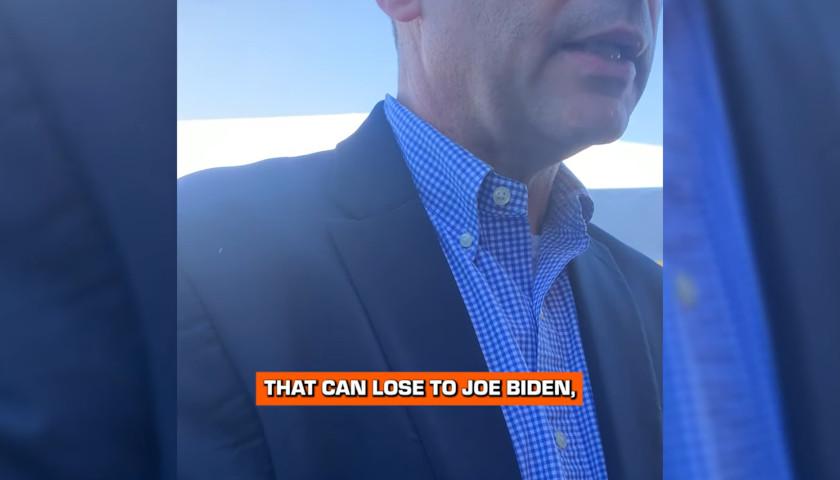Florida Gov. Ron DeSantis (R) announced Thursday that he held a roundtable discussion with doctors and patients who recently received monoclonal antibody treatments. The point of the roundtable was to highlight the treatment’s effectiveness after the federal government ended the treatment’s Emergency Use Authorization (EUA).
DeSantis said his view is Floridians want the treatment to be available for doctors to have in the event they would find it useful.
“This decision was made without clinical data and without any advance warning to states and medical providers, leaving sick Floridians scrambling to find an alternative treatment. Thousands of Floridians, who were already in the system and waiting to get treatment, woke up to an email saying that these treatments were now prohibited. It is fundamentally wrong and not the way we should treat people in this country. Our view in Florida is that we want doctors to be able to administer this treatment and patients to be able to access it, and they can make their own decisions from there.”
Of the doctors that participated in the roundtable, Dr. David Farcy, who is chairman of the Department of Emergency Medicine at Mount Sinai Medical Center, said patients who received the monoclonal treatments did exponentially better, and more data was needed.
“We have been studying the monoclonals to see if it actually does what it says. We published our first paper that found that the monoclonals had an amazing reduction on hospital admissions,” said Farcy. “In the course of six weeks, we had an estimated 1,000 patients that received monoclonals. Out of those 1,000 patients that were considered high risk, we only had single digits of patients that came back that needed to be admitted to the hospital, less than 5%. We are not here to say that one is better than the other, we need prospective data, meaning we need data to be studied forward.”
Similarly, Dr. Dwight Reynolds, who is the medical director and owner of Centers for Health Promotion, Inc, anecdotally recalled being in contact with a couple of hundred patients who received the treatment therapy, and he said not a single one of them had a problem with the medication.
“I was disheartened to tell 18 patients we could not give them my typical medication when I woke up to find out the FDA had pulled the EUA for the medications I use the most for my COVID patients,” said Reynolds. “I gave one patient Regeneron and she thought I was someone special, she was feeling so much better after getting treatment. I have treated approximately 200 patients over the last two weeks in my practice in Coral Springs. Out of 200 patients – I personally called the next day – they have had absolutely no problem with the medication, and they all are doing well.”
The federal government said the Food and Drug Administration (FDA) suspended the treatment’s EUA was because the agency considers it ineffective against the newest omicron variant of COVID.
“Because data show these treatments are highly unlikely to be active against the omicron variant, which is circulating at a very high frequency throughout the United States, these treatments are not authorized for use in any U.S. states, territories, and jurisdictions at this time,” the FDA said in a press release. “In the future, if patients in certain geographic regions are likely to be infected or exposed to a variant that is susceptible to these treatments, then use of these treatments may be authorized in these regions.”
– – –
Grant Holcomb is a reporter at The Florida Capital Star and The Star News Network. Follow Grant on Twitter and direct message tips.





